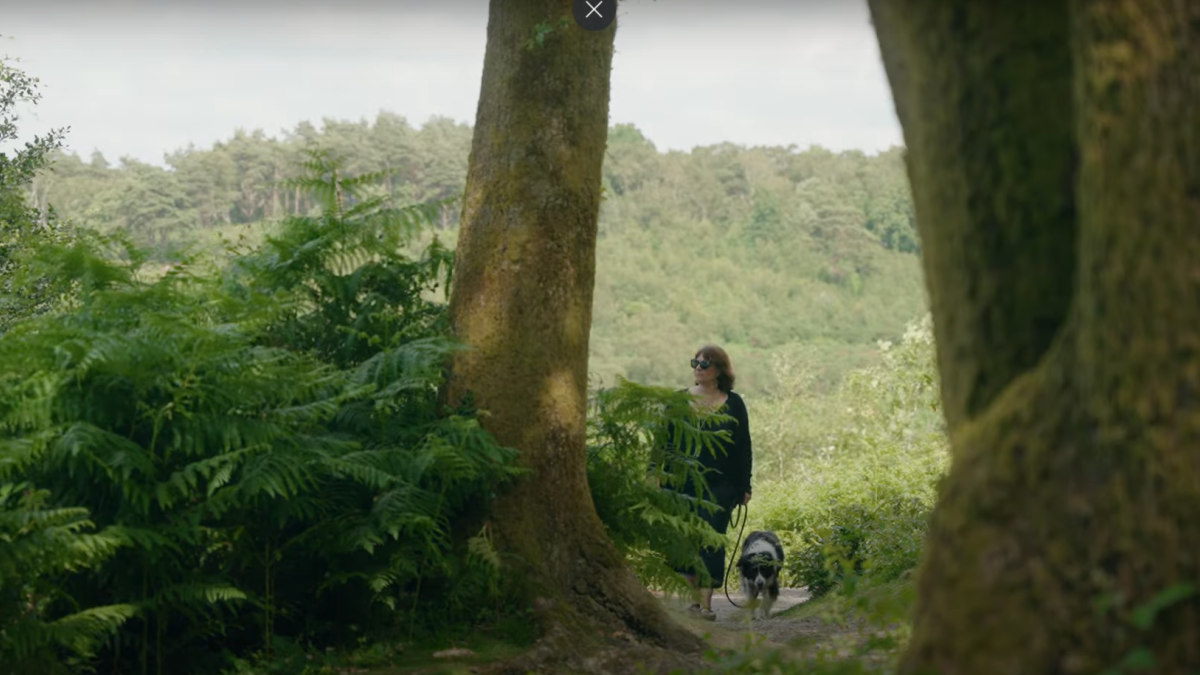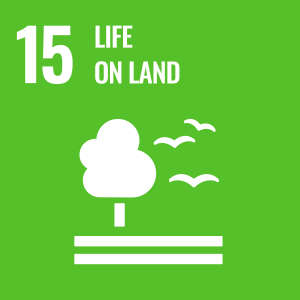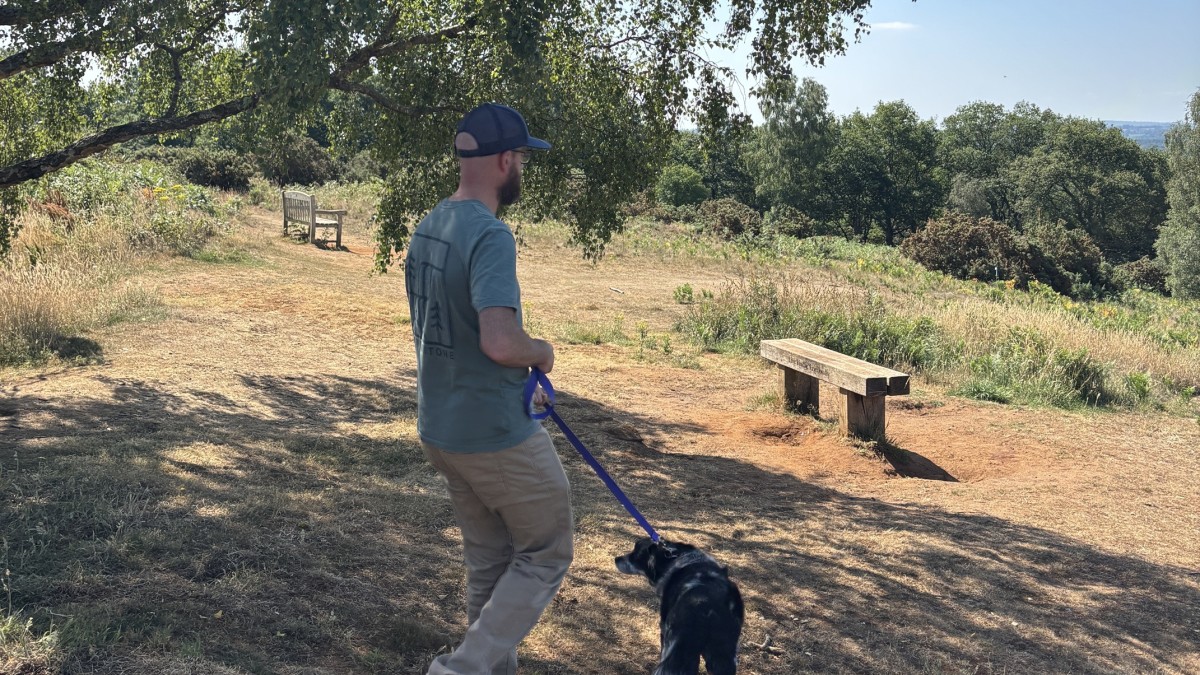Love Dogs, Love Nature: Promoting responsible and sustainable dog walking behaviours
Led by Dr Thomas Roberts, the project aimed to address the challenges of dog walking in rural areas by developing practical guidance that promotes responsible behaviour among dog walkers. The resulting recommendations will inform future campaign initiatives by Surrey Hills, helping to foster more sustainable and considerate outdoor practices. This project supports several UN Sustainable Development Goals (SDGs) including SDG3, SDG11, and SDG15.
The challenge
Dog walking is a popular activity in the Surrey Hills for residents and visitors. Hundreds of people visit various sites for dog walking throughout the day, regardless of the season or weather. While dog walking has many positive aspects, it can sometimes cause disturbances to the land and wildlife.
Around 25% of Surrey Hills consists of open heath and commons—popular areas for dog walking, but also among the most sensitive landscapes requiring protection. Additionally, approximately 30% of the area is farmland, which occasionally suffers from livestock attacks and spread of diseases linked to dogs.
In response to these ongoing challenges, Surrey Hills National Landscape partnered with the Institute for Sustainability to explore the measures that could reduce disturbances while ensuring a positive experience for both dogs and their walkers.
Designated in 1958, the Surrey Hills was one of the UK’s first Areas of Outstanding Natural Beauty. Covering a quarter of rural Surrey, this National Landscape is protected for its exceptional character and natural beauty. Like National Parks, National Landscapes are safeguarded in the national interest to benefit both people and nature. Surrey Hills team works to conserve the landscape, support communities, and tackle climate change.
Our approach
The Institute Sustainability provided an expert, evidence-based guidance on promoting positive behaviour among dogs visiting the Surrey Hills with their walkers. The project was led by Dr Tom Roberts, a specialist in Environmental Sociology, whose research explores environmental behaviours such as fly tipping and ghost fishing. Haeyoung Eun supported the project with input informed by her background in Sustainability and Psychology.
What we did
The research team set out to explore the impact of dog walking in the Surrey Hills and identify practical solutions through a combination of literature review, site observations, and a deliberative workshop with stakeholders. The findings focused on four key areas:
- An overview of the benefits of dog walking
- A typology of dog walkers
- Challenges associated with dog walking
- Potential solutions to mitigate the challenges
Benefits of dog walking
The research highlighted the significant mental and physical health benefits of dog walking. Literature suggests it improves overall physical wellbeing—particularly by reducing cardiovascular risk and all-cause mortality—while also offering opportunities for social interaction, emotional wellbeing, and stress relief. Additional benefits include support for land management and contributions to the rural economy.
Challenges identified
Drawing on stakeholder input and field observations, the team examined challenges aligned with concerns raised by Surrey Hills National Landscape. Key issues included the environmental risks posed by dog faeces, disturbance to wildlife and livestock (especially ground-nesting birds and farm animals), and the negative impact on other countryside users’ experiences.
Proposed solutions
To address these challenges, the team recommended several practical measures:
- Establishing designated dog zones and walking routes
- Improving signage design and placement
- Providing appropriate facilities, such as dog waste bins and visitor-friendly amenities like cafés
- Enhancing communication through engagement and outreach initiatives
For more details, read the full report here.

The next steps
The findings from the report will assist Surrey Hills National Landscape in managing dog walking across the region. They will serve as a foundation for developing targeted strategies that address the negative impacts of dog walking, while enhancing the experience for both dogs and their owners. The research team will continue to collaborate with Surrey Hills National Landscape to co-design site arrangements and strengthen public engagement and outreach initiatives.
It has been fantastic working with the Institute, as the issue requires a multi-angle approach to effectively address both the impact of dogs and the potential solutions.Rob Fairbanks, Director, Surrey Hills National Landscape
Sustainable Development Goals
This project aligns with several UN Sustainable Development Goals (SDGs), specifically SDG3, SDG11, and SDG15. The project is based on the recognition that dog walking is a valuable activity that supports the health and wellbeing of both dogs and their owners. By promoting responsible and enjoyable dog walking practices, it contributes directly to SDG3 (Good Health and Wellbeing). It advances SDG11 (Sustainable Cities and Communities) by supporting more sustainable management of sites across the Surrey Hills. Finally, through encouraging responsible behaviour, the project promotes SDG15 (Life on Land), helping to protect local landscapes and wildlife while fostering harmonious coexistence between the dogs, people, and nature.
Read the latest on the University of Surrey’s UN SDG report here.
Contributors
Dr Thomas Roberts, Co-Director of the Institute for Sustainability and Senior Lecturer in Environmental Sociology, Faculty of Arts, Business and Social Sciences, University of Surrey
Nathalie Hinds, Director of Operations, Innovation and Partnerships, Institute for Sustainability, University of Surrey
Haeyoung Eun, Innovation Lead, Sustainability Innovation Hub, Institute for Sustainability, University of Surrey
Rob Fairbanks, Director, Surrey Hills National Landscape
Surrey Hills National Landscape
The Institute for Sustainability facilitates collaborations between scientific experts and organisations. The Institute’s Sustainability Innovation Hub provides expert voices from the Fellows to nurture ideas, encourages collaboration, and supports organisations in the adoption of sustainable practices, products, or services.
Find out more about the Institute here.
Find out more on the Institute Sustainability Innovation Hub here.

Related sustainable development goals






